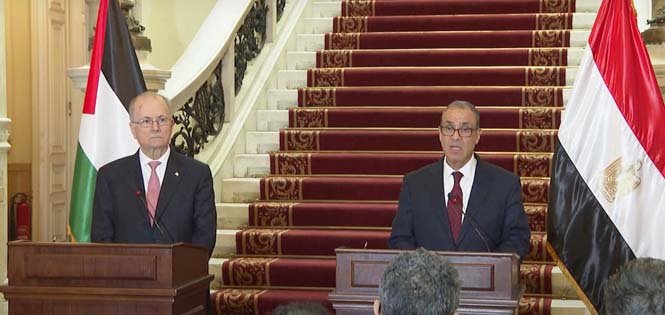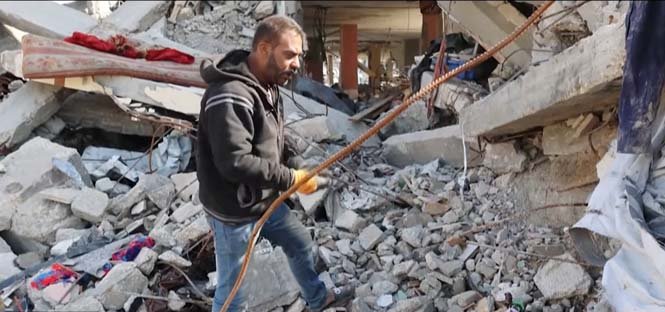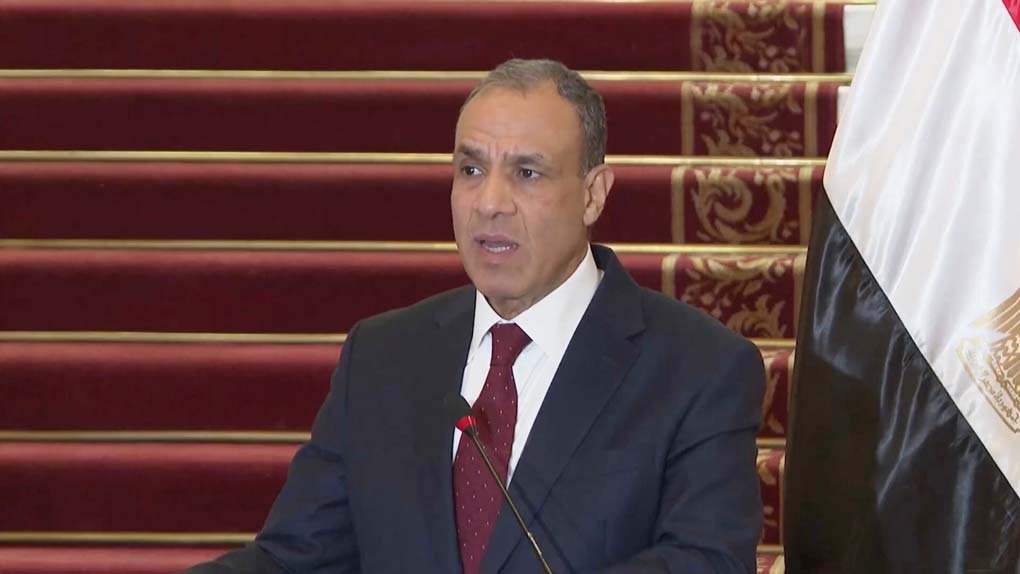As smoke clears over Gaza’s shattered neighborhoods, Arab leaders are scrambling to address a crisis that has left tens of thousands homeless, hospitals in ruins, and hope hanging by a thread. An emergency Arab League summit, convened urgently in Cairo this week, aims to rally regional and international support for Gaza’s reconstruction. But with political divisions simmering and past promises unfulfilled, can this summit deliver more than just rhetoric? Here’s what you need to know.
Why Now? The Urgency Behind the Summit
The call for an emergency Arab summit comes amid staggering numbers: over 34,000 Palestinians killed in recent months, 72% of Gaza’s infrastructure destroyed, and 1.7 million people displaced, according to UN OCHA. Arab countries are under more pressure to act as Israel’s military operations get more intense and humanitarian relief is denied at border crossings. Egyptian President Abdel Fattah el-Sisi in his opening remarks, as reported by Reuters, said, “This is about saving lives before it’s too late, not only about rebuilding buildings.”
Attended by 22 Arab League members as well as delegates from international organizations like the UN and EU, the summit aims to unite often divided regional powers around a shared objective: immediate aid and long-term recovery. But underneath the urgency is a network of political conflicts. For example, Saudi Arabia and Qatar have past supported competing Palestinian groups, so complicating cooperation. Meanwhile, Egypt and Jordan worry about spillover instability affecting their borders.
Pledges and Promises: What’s on the Table?
Key proposals include a $2 billion emergency fund for humanitarian aid, led by Qatar and the UAE, along with a joint UN appeal for expedited reconstruction permits. Saudi Arabia has promised $500 million for housing and hospitals, while Algeria and Kuwait committed to supporting solar energy projects to alleviate Gaza’s electricity issue.
However, skepticism remains. “We’ve seen this before—big pledges, little follow-through,” said Rami Khouri, a senior fellow at the American University of Beirut, in an interview with Al Jazeera. He referenced the 2009 and 2014 Gaza rehabilitation plans, which failed owing to political conflicts and Israeli blockades. This time, Arab leaders vow to prevent past failures by appointing an independent oversight committee.

The Human Toll: Voices from the Rubble
Behind the summit’s diplomatic jargon are stories of survival and despair. In Gaza City’s Tel al-Hawa neighborhood, 32-year-old teacher Marwa al-Kurd recounts living in a tent with her three children. “We ran out of food twice last week. My youngest asks every day, ‘When can we go home?’ I have no answer,” she told The Guardian through a shaky voice message.
Dr. Ahmed Abu Salmiya, director of Gaza’s Al-Shifa Hospital, described harrowing conditions: “We’re performing surgeries without anesthesia. Every day, we lose patients not just from bombs but from preventable infections.” His account, corroborated by WHO reports, underscores the dire need for medical supplies and infrastructure.
Political Landmines: Navigating Israel and Internal Divisions
A major hurdle is Israel’s control over Gaza’s borders, airspace, and sea access. While Arab leaders demand guarantees for unimpeded aid delivery, Israel insists on security checks to block materials it claims could be used by Hamas. “Without a lasting ceasefire and Israeli cooperation, reconstruction is a fantasy,” cautioned Turkish Foreign Minister Hakan Fidan, whose country went as a guest.
Internally, the Palestinian Authority (PA) and Hamas remain involved in a vicious power battle. The PA, which rules the West Bank, intends to lead restoration operations, but Hamas retains influence in Gaza. “No one wants to funnel money through Hamas, but bypassing them risks alienating the local population,” explained Ghaith al-Omari, a former PA adviser, in The Washington Post.

Global Reactions: Support and Skepticism
The international community’s response has been mixed. The U.S. pledged $100 million in aid but faces criticism for vetoing UN ceasefire resolutions. Meanwhile, the EU announced plans to revive its Border Assistance Mission to facilitate aid delivery. China and Russia, seizing the moment, accused Western nations of “double standards” and called for an immediate end to hostilities.
UN Secretary-General António Guterres struck a cautious tone: “This summit must translate commitments into action. Gaza cannot wait.”
The Road Ahead: Will This Summit Be Different?
For Gaza’s reconstruction to succeed, three critical issues must be addressed:
- Sustained Funding: Pledges must materialize quickly and bypass bureaucratic delays.
- Political Unity: Arab states and Palestinian factions need a unified strategy to negotiate with Israel and international donors.
- Accountability: Independent oversight is crucial to prevent corruption and ensure resources reach those in need.
Experts like Mairav Zonszein of the International Crisis Group argue that long-term solutions—like ending the blockade and addressing root causes of the conflict—are essential. “Rebuilding Gaza without tackling its political isolation is like applying a Band-Aid to a bullet wound,” she told BBC.
Related Video:
A Glimmer of Hope?
Despite the challenges, grassroots initiatives offer a ray of hope. Organizations like Islamic Relief and Doctors Without Borders are already on the ground, distributing food and medical kits. Local engineers are designing low-cost shelters using recycled materials. “We’re tired of waiting for politicians,” said Omar Samour, a Gaza-based architect. “We’ll rebuild with our own hands if we must.”
Conclusion: A Test of Leadership and Humanity
The emergency Arab summit is more than a diplomatic meeting—it’s a litmus test for regional solidarity and global conscience. As leaders debate, Gaza’s children sleep in tents, hospitals ration fuel, and parents scavenge for food. The world will judge this summit not by its declarations but by its ability to turn words into tangible change.
Related Video:
Sources:
- United Nations Office for the Coordination of Humanitarian Affairs (UN OCHA): Provided statistics on casualties, infrastructure damage, and displacement in Gaza.
- Reuters: Quoted Egyptian President Abdel Fattah el-Sisi’s opening remarks at the summit.
- Al Jazeera: Interview with Rami Khouri, senior fellow at the American University of Beirut, regarding historical reconstruction challenges.
- The Guardian: Featured firsthand accounts from Gaza residents, including Marwa al-Kurd’s story.
- World Health Organization (WHO): Corroborated reports on medical shortages and hospital conditions from Dr. Ahmed Abu Salmiya.
- The Washington Post: Insights from Ghaith al-Omari on political tensions between Hamas and the Palestinian Authority.
- BBC: Commentary by Mairav Zonszein of the International Crisis Group on long-term solutions for Gaza.
- Islamic Relief & Doctors Without Borders (MSF): Cited grassroots efforts by humanitarian organizations operating in Gaza.
- United Nations Secretary-General Statements: Remarks by António Guterres on the urgency of translating pledges into action.
- Additional Regional Outlets: Context on Saudi, Qatari, and UAE funding pledges from Arab News and Gulf News.
Explore More:
- Israel Confirms 8 Hostages Dead, Legal and Global Reactions
- Gaza Ceasefire Brings Hope Amid Hostage Crisis Turmoil
- Netanyahu and Biden Advance Gaza Ceasefire-for-Hostages Negotiations
- Trump’s Hostage Ultimatum Deepens Gaza’s Despair
- Bibas Family Slams Netanyahu: Shiri, Ariel & Kfir Murders Exposed
- Hamas to Free 3 Hostages, Reviving Ceasefire Talks & Hope
- Hamas Halts Hostage Release, Accusing Israel of Ceasefire Breach

